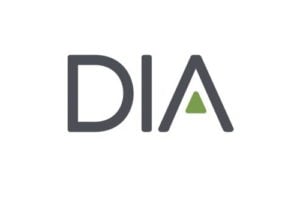Writing in the March 2024 edition of the DIA Global Forum magazine, Scott P. Commins of the University of North Carolina School of Medicine, Jasmine Uchi of VeganMed, and Sachin A. Shah of the University of the Pacific address the use of animal-derived ingredients (ADIs) in pharma and outline a call for regulatory action to alert patients and require manufacturers to replace ADIs with plant-based and/or synthetic ingredients when available.
According to a recent report from the Centers for Disease Control and Prevention, as many as 450,000 individuals in the US may have a health condition known as alpha-gal syndrome (AGS). Patients with AGS can have a potentially life-threatening reaction to galactose-α-1,3-galactose, an oligosaccharide expressed on glycoproteins and glycolipids of nonprimate mammals (e.g., pork, beef, rabbit, lamb) and products made from mammals (including gelatin, cow’s milk, milk products). According to a recent survey of 559 AGS patients, 50% had experienced an anaphylactic reaction due to health products that include alpha-gal.
The practical challenges of obtaining an animal-free medication can be showcased using the popular drug atorvastatin. Once prescribed, a pharmacy can legally dispense a prescription for atorvastatin with any of the 40-plus generic suppliers to the US market. Typically, prescribers or pharmacists are not checking for ADI, and the origin of ingredients (animal, plant, synthetic) may not be known from the package insert. Depending on which generic is dispensed, the risk of a serious anaphylactic reaction cannot be ruled out [Table 1]. This applies for over-the-counter (OTC) products too. Diphenhydramine, a standard-of-care in the management of AGS, is available from multiple manufacturers and in multiple dosage forms. Ironically, many of them contain animal-derived ingredients (e.g., gelatin, magnesium stearate) which in themselves could trigger adverse effects [Table 1] in some AGS patients.
As such, 91.8% of AGS patients have had to modify their use of medications, with 18.1% contacting the drug manufacturer 12 times or more. Unfortunately, even drug manufacturers are at times unable to provide this information, leaving patients vulnerable to potentially serious allergic adverse effects. In a recent assessment of medical information departments at the top 20 pharmaceutical companies, 40% of them were unable to provide an accurate response regarding ADI in their own medications.



